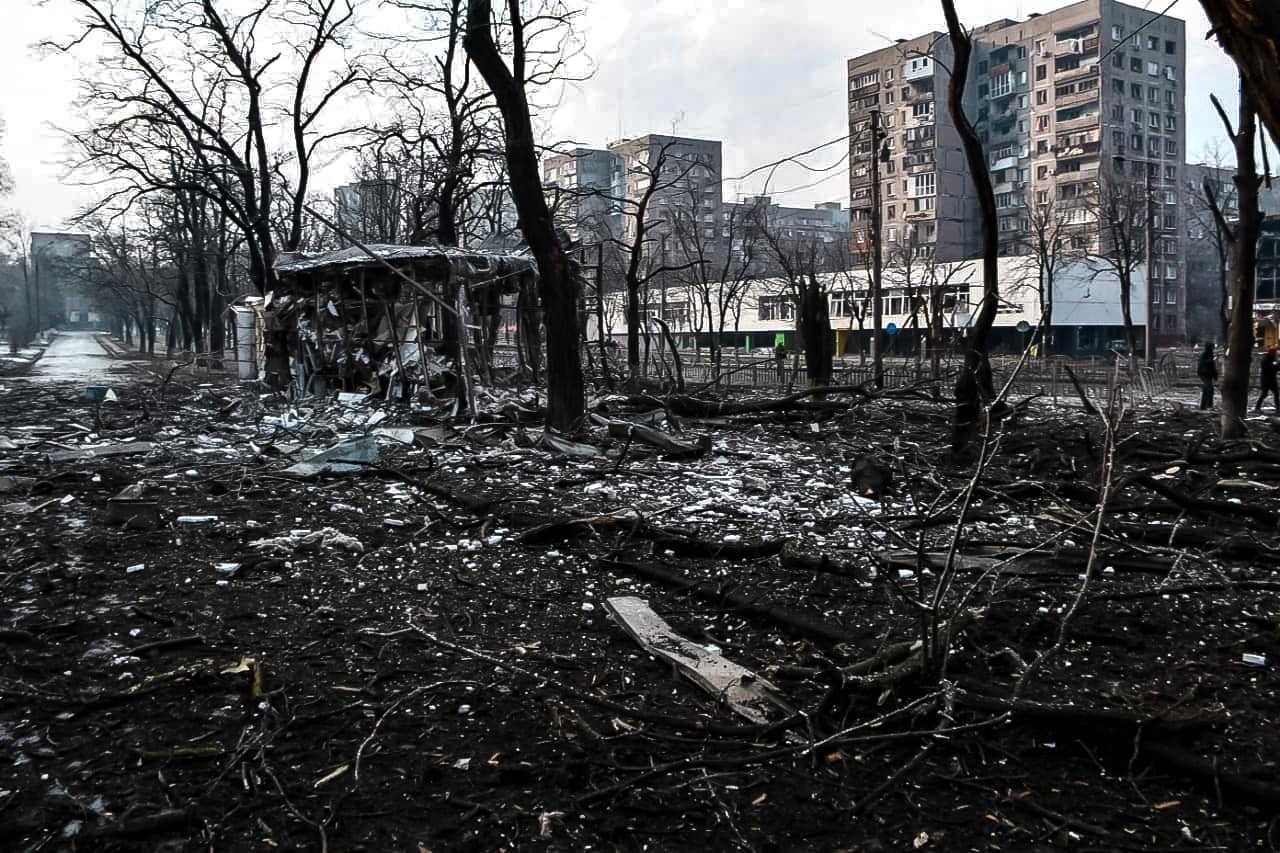 A street of Mariupol during siege of the city in the course of the 2022 Russian invasion of Ukraine
A street of Mariupol during siege of the city in the course of the 2022 Russian invasion of Ukraine
A recent analysis submitted to the International Criminal Court (ICC) accuses Russia of engaging in a "deliberate pattern" of starvation tactics during the 85-day siege of Mariupol in early 2022.
The analysis which was submitted to the ICC by the human rights organization, Global Rights Compliance (GRC), said Russian forces "systemically attacked objects indispensable to the survival of the civilian population."
An estimated 22,000 people were killed during the siege of Mariupol. Civilians did not have access to water, electricity, or gas.
Partner at GRC, Catriona Murdoch stated that the goal of the research was "to see if there was a broader narrative" that amounted to a deliberate denial of food and other amenities necessary for life by the Russian military.
Starvation of civilians as a military tactic is a war crime under the ICC's founding Rome Statute.
GRC legal experts worked alongside defense intelligence specialists and open source investigators to analyse images and reports from officials and eyewitnesses, and satellite images from the siege of Mariupol.
Head of the war crimes unit in Ukraine's Prosecutor General's Office, Yuriy Belousov, stated that the Mariupol report is part of the national prosecution's current case files.
